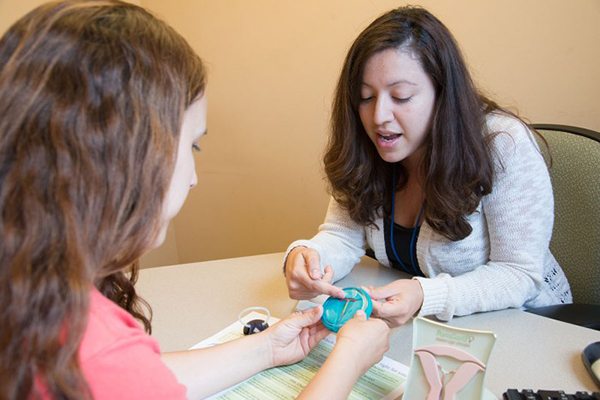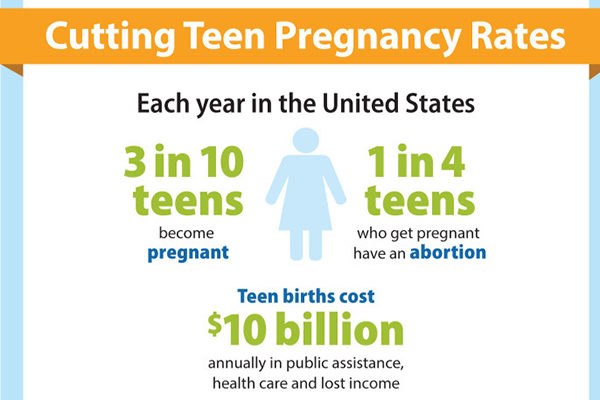Contraception not as affordable as health-care law intended
Although the Affordable Care Act (ACA) has benefited millions of women by reducing out-of-pocket spending on contraception, many still continue to have to pay for all or some of their contraceptives.
Teen pregnancies, abortions plunge with free birth control
Teens who received free contraception and were educated about the pros and cons of various birth control methods were dramatically less likely to get pregnant, give birth or get an abortion compared with other sexually active teens, according to a new study.
Study emphasizes birth control education, helps pay for IUDs and implants
Researchers at the School of Medicine want to know whether they can reduce the rate of unintended pregnancies at community clinics by providing contraceptive counseling that emphasizes the benefits of long-acting birth control, like IUDs and implants, and by making these methods available to women at sharply reduced costs or free of charge. Pictured is Tessa Madden, MD, the study’s principal investigator.
New opt-out proposal a ‘live and let live solution’ for contraception mandate
The Obama administration has proposed letting
religiously affiliated non-profit businesses and institutions opt-out of
the contraceptive mandate of the Affordable Care Act. “The Obama
administration has bent over backward to accommodate the concerns of
some religiously affiliated businesses,” says Elizabeth Sepper, JD,
health law expert and professor of law at Washington University In St.
Louis.
Abortion rates plummet with free birth control
Providing birth control to women at no cost substantially reduced unplanned pregnancies and cut abortion rates by 62 percent to 77 percent over the national rate, a new study shows.
IUDs, implants are most effective birth control
A study by Brooke Winner, MD (pictured), and Jeff Peipert, MD, to evaluate birth control methods has found dramatic differences in their effectiveness. Women who used birth control pills, the patch or vaginal ring were 20 times more likely to have an unintended pregnancy than those who used longer-acting forms such as an intrauterine device (IUD) or implant.
Birth control policy not a constitutional law issue
The current controversy over the Barack Obama administration’s birth control policy is not, contrary to some arguments, a matter of constitutional law, says Gregory P. Magarian, JD, constitutional law expert and professor of law at Washington University in St. Louis. It is however, a matter of Constitutional principle, Magarian says.
Numerous flaws in ‘personhood’ movement, says family law expert
On Nov. 8, Mississippi voters will cast their ballots on Initiative 26, which would make every “fertilized egg” a “person” as a matter of law. “Many have rightly condemned this so-called ‘personhood’ initiative as an attack not only on abortion rights, but also on the ability to practice widely used methods of birth control, to attempt in vitro fertilization, and to grieve a miscarriage in private, without a criminal investigation by the state,” says Susan Appleton, JD, family law expert and the Lemma Barkeloo and Phoebe Couzins Professor of Law at Washington University in St. Louis. “But these criticisms fail to identify another flaw in the reasoning of the initiative’s proponents,” she says. “The proponents assume that attaching the label of ‘person’ to fertilized eggs, embryos and fetuses necessarily establishes a legal basis for criminalizing abortion, or even for requiring its criminalization.”
Revolutionizing contraception
On the surface, family planning and tennis have little in common. But if results are what matter, Jeffrey Peipert, MD, PhD, is a winner.


